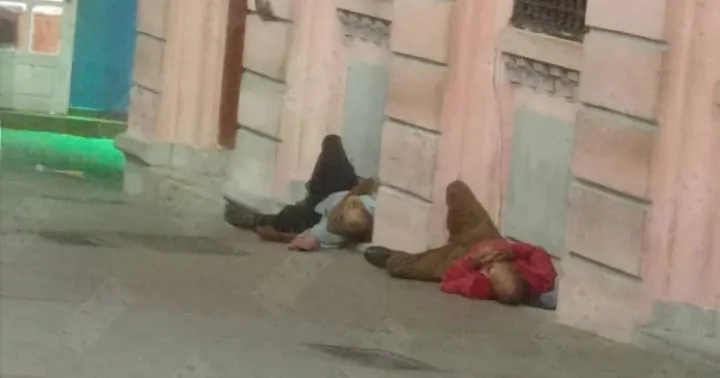Arrested in Tampa an alleged 'mule' coming from Cuba with $100,000 undeclared
The woman, who traveled to Cuba 45 times in less than a year, is accused of smuggling cash and could face a maximum penalty of five years in prison in the US.

Federal Prosecutor Roger B. Handberg of Florida announced the arrest and filing of criminal charges against a citizen accused of smuggling more than 100,000 US dollars from Cuba, according to a press release issued this Tuesday.
Mirtza Ocaña, 38 years old, residing in Tampa, apparently dedicated to traveling to the Island as a mule, faces a maximum penalty of five years in a federal prison if she is ultimately found guilty of the charges.
According to the complaint, Ocaña arrived at the Tampa International Airport on a flight from Cuba on February 5, 2024. She stated she did not have more than $10,000 (a limit that would trigger reporting requirements), therefore she had nothing to declare.
However, during a routine inspection of her luggage, agents from the Department of Homeland Security recovered approximately $30,000 in cash hidden in three wrapped packages.
The detained citizen later admitted that she flew from Cuba to Tampa two or three times a month to smuggle cash into the United States and that she knew bringing such amounts without reporting it is illegal.
Agents searched Ocaña and discovered an additional $70,000 in cash hidden in her clothing. Ocaña’s flight history later revealed that she had flown from Cuba to Tampa 45 times since May 2023.
The prosecutor’s statement specified that this case is being investigated by the Homeland Security Investigations (HSI) and the United States Customs and Border Protection. It will be prosecuted by Assistant Federal Prosecutor Michael J. Buchanan.
The arrest of this citizen with cash comes a few days after Western Union suspended its remittance transmission operations to Cuba from the United States due to technical issues in the Cuban banking system. The situation continues amidst the opaqueness of the regime’s financial institutions.
The Metropolitan Bank (BM) referred to the suspension of remittance services this Tuesday, but without details. “If they have sent you money (transfer from abroad) through any remittance agency, we suggest you contact Fincimex, the agency that manages that service in Cuba,” the BM noted in a very brief note on its social networks.
On Thursday, the same institution reported “technical difficulties affecting branch services and those associated with payment technology channels,” without mentioning transfers from abroad.
Despite the massive migration that continued in 2023, remittances to Cuba experienced a decrease of 3.31% compared to the year 2022, totaling 1.972,56 million dollars, a decline of 46.93% compared to pre-pandemic levels in 2019, revealed economist Emilio Morales in a recent dossier of 21st Century Cuba.
During the year 2023, it is estimated that the Cuban diaspora allocated between 1.800 and 2.200 million dollars to facilitate the migration of the 200,287 Cubans who traveled to the USA, adding the costs of the journey and the maintenance of these individuals on American soil, the report noted.
For Morales, that flow of capital, instead of being invested in the micro, small and medium enterprises (MIPYMES) promoted by the regime, has been directed towards the quest for family freedom.
In December, several users denounced a “corralito” (financial blockade) by the Cuban regime on remittances sent from abroad, especially in euros, whose delay for collection exceeded a month.




Comments ()